Retro Replay Review
Gameplay
Money Tree centers on a satisfying resource-management loop that’s as rewarding as it is deceptively simple. Each stage begins with a tiny sapling sporting only a handful of buds. As leaves and dollar bills drift down from the sky, you must swiftly click and drag them onto the buds. This action triggers growth: leaves spur flowers, flowers become fruit, and stacks of bills form from money leaves.
(HEY YOU!! We hope you enjoy! We try not to run ads. So basically, this is a very expensive hobby running this site. Please consider joining us for updates, forums, and more. Network w/ us to make some cash or friends while retro gaming, and you can win some free retro games for posting. Okay, carry on 👍)
The game’s core tension arises from the maturity mechanic. Unripe fruits and scattered bills arrive in various states—mature ones are worth significantly more when harvested at the peak moment, but you risk losing them if you’re too slow. Picking falling items nets you the highest returns (six units), while ground-picked items only yield half value (three units). The push-and-pull of speed versus precision keeps each minute engaging.
Adding depth to the basic pick-and-place action are two environmental meters—blue for water and red for temperature. Weather patterns dynamically shift these gauges: a sudden downpour might flood your sapling, or a cold snap could stunt its growth. If you ignore an overfill or depletion, dead branches appear, blocking new sprouts until you heal them with extra clicks or items.
To maintain equilibrium, you can purchase a toolkit of upgrades between or during stages. Sprinklers automate hydration, heating lamps boost warmth, and fertilizers accelerate budding. Pest control is handled either manually—by furiously clicking invading caterpillars—or with a one-time insecticide spray that wipes out every crawler at once. A smart blend of tool purchases and on-the-fly decisions elevates Money Tree beyond a mere casual clicker.
Graphics
Visually, Money Tree embraces a cheerful, low-poly art style with bright, pastel colors that give each level a serene garden vibe. The sapling, buds, and fruit are rendered with clean lines and subtle shading, making it easy to distinguish each stage of growth. The graphical clarity is especially helpful when dozens of leaves and bills cascade down—nothing ever feels cluttered or confusing.
Particle effects are employed sparingly but effectively. A shimmer follows mature fruit when it’s ready to be harvested, and leaves emit tiny sparkles as they’re placed onto buds. These touches not only make key gameplay elements pop but also provide instant visual feedback, reinforcing your sense of progress and achievement.
Backgrounds subtly reflect in-game weather conditions. Overcast skies darken the far horizon and drop gentle rain droplets, while sunny levels feature soft lens flares and drifting pollen particles. It’s a simple approach, but one that deepens immersion without detracting from the main action zone where your attention belongs.
The user interface sits unobtrusively at the top of the screen: two slim gauges for water and temperature, a timer, and pocket-sized icons for your available tools. Tooltips pop up when you hover over an item in the catalog, complete with small illustrations and price tags. This clear presentation ensures you can quickly shop for sprinklers or insecticide mid-game without breaking your concentration.
Story
While Money Tree is principally a resource management game, it weaves a light narrative about nurturing both plants and relationships. As you earn money, you can customize the garden with decorative items—stone benches, colored fences, or ornate birdbaths. Each new decoration unlocks the next stage and unlocks snippets of story about your character’s budding romance.
The game’s story arc is conveyed through charming text bubbles and watercolor-style cutscenes between levels. You’ll see your character planting roses to impress a girl who loves gardening, or arranging daisies along a moonlit path to set a romantic mood. These brief interludes add motivation beyond simply hitting the money target and give each new stage a pleasing sense of purpose.
Although the romance subplot is light on dialogue, it’s bolstered by delightful animations—your avatar delivering a bouquet, the girl’s animated blush, or shared laughter under a newly planted archway. It never takes itself too seriously, but the narrative thread provides a comforting sense of progression that resonates with casual players.
For those who enjoy unlockables, there’s also a small cast of side characters—neighbors who send over special tools or pests as “gifts.” Interacting with them can yield unique items or minor story branches. It’s not a deep branching narrative, but these elements add a sprinkle of RPG-style reward to the garden sim formula.
Overall Experience
Money Tree strikes a delightful balance between relaxing garden simulator and fast-paced clicker. Its intuitive mechanics—dragging leaves and bills, monitoring vital gauges, and deploying tools—make it instantly accessible, while the mature-fruit scoring system and time limits ensure every session remains dynamic. Whether you’re aiming for a high-score run or simply savoring a casual afternoon in your digital orchard, the game adapts to your playstyle.
The art direction and UI are clean, cheerful, and convey critical information without clutter. Minor animations and weather effects enhance immersion, and the minimalist soundtrack—gentle piano and rustling leaves—provides a soothing backdrop. You can tune out the real world for a few stages or lean into the challenge of maxing out your yields before time runs out.
The narrative touches—garden decorations unlocking romantic cutscenes and neighborly cameos—offer enough story to keep you invested without overshadowing the core gameplay. It’s an ideal experience for players who appreciate a light-hearted theme married to a solid resource-management engine.
Overall, Money Tree is a gratifying blend of strategy, speed, and serenity. Its layered mechanics, polished presentation, and engaging progression systems make it a standout among casual management titles. Whether you’re looking for a quick five-minute break or a deeper session of optimizing tool loadouts and garden layouts, Money Tree will have you coming back for one more harvest.
 Retro Replay Retro Replay gaming reviews, news, emulation, geek stuff and more!
Retro Replay Retro Replay gaming reviews, news, emulation, geek stuff and more!

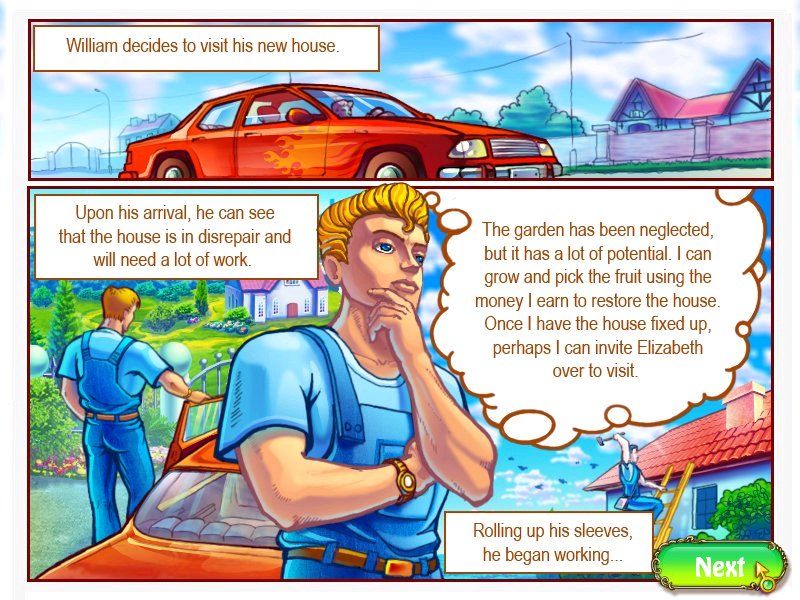
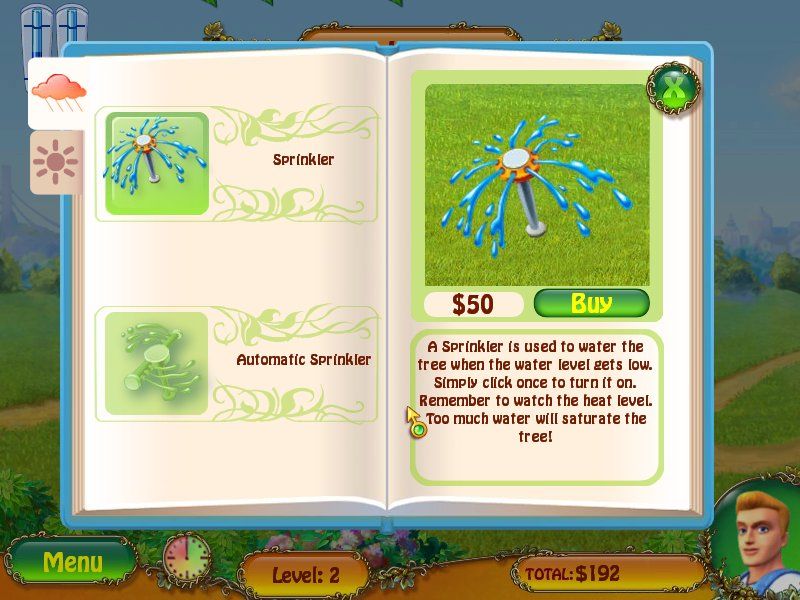
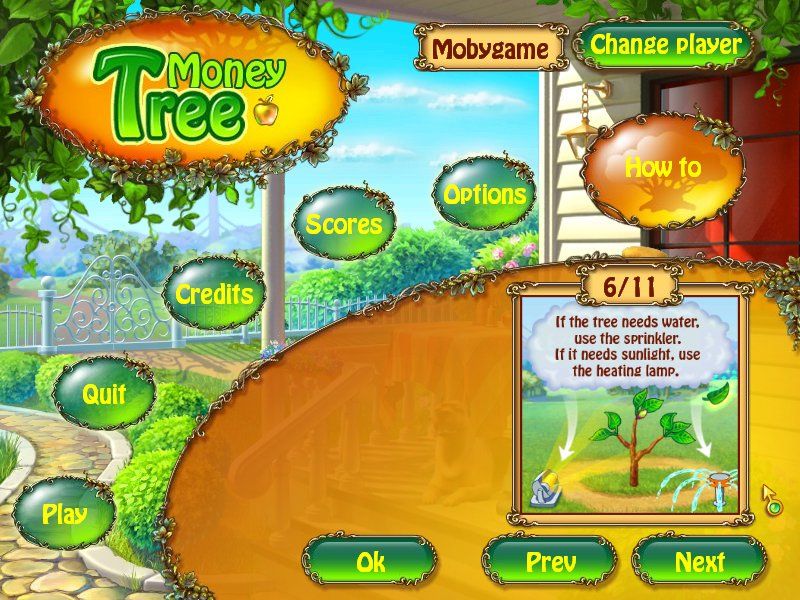
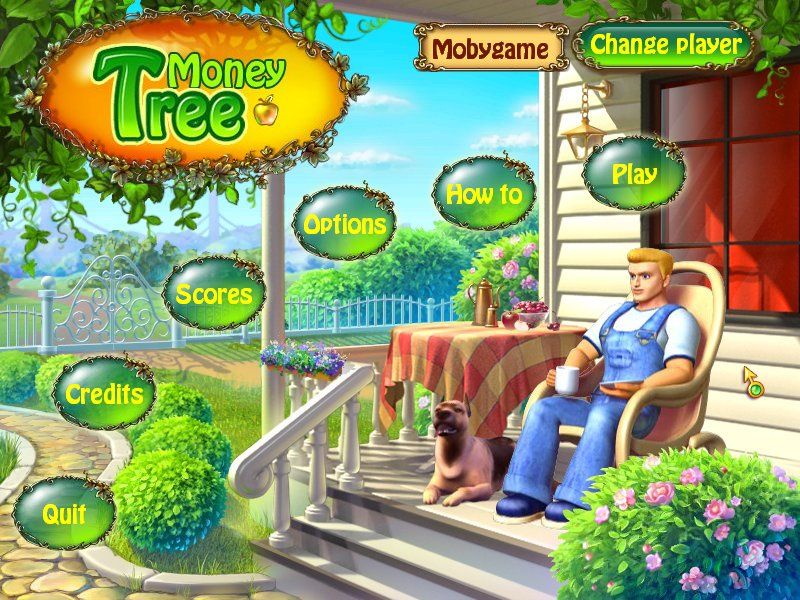
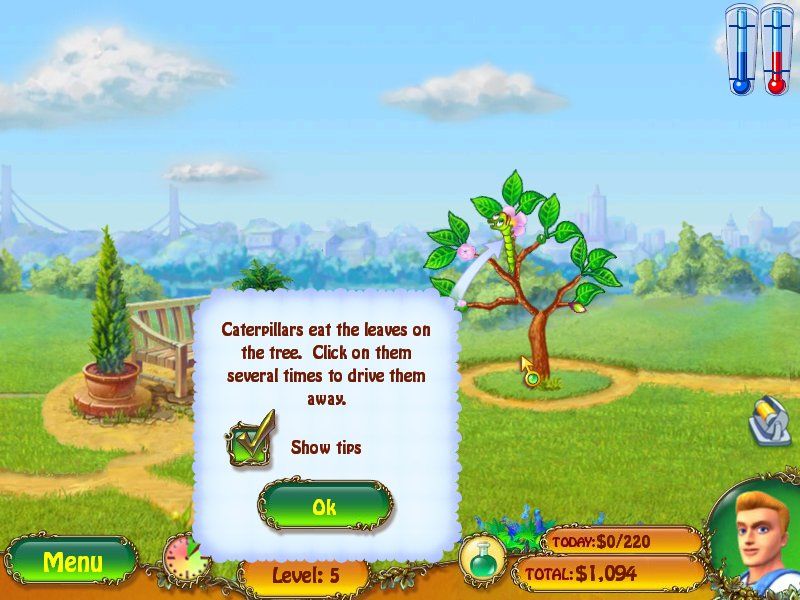



Reviews
There are no reviews yet.